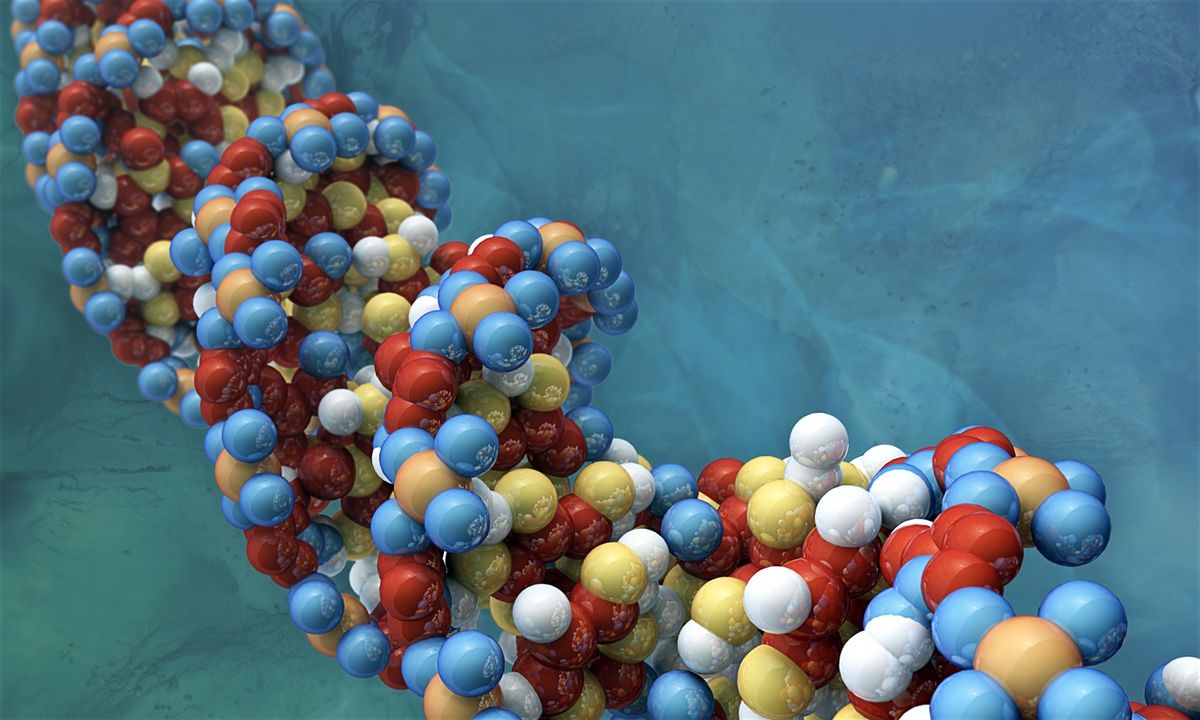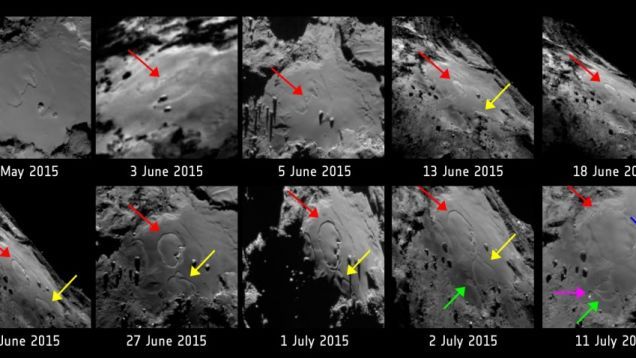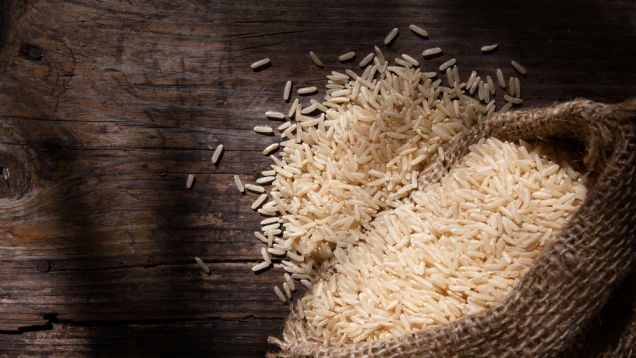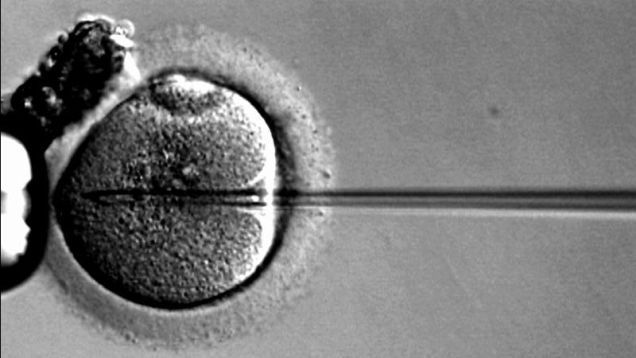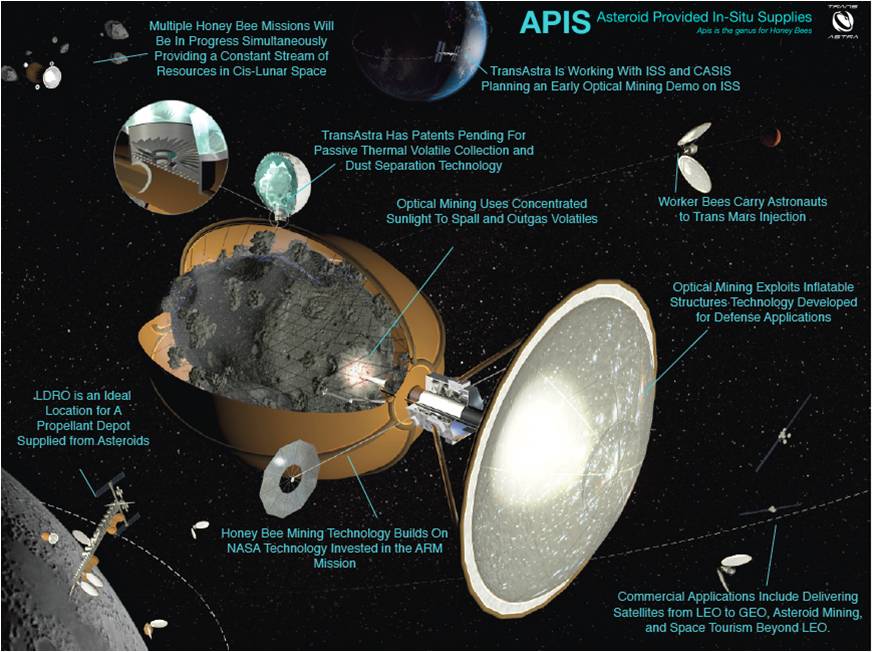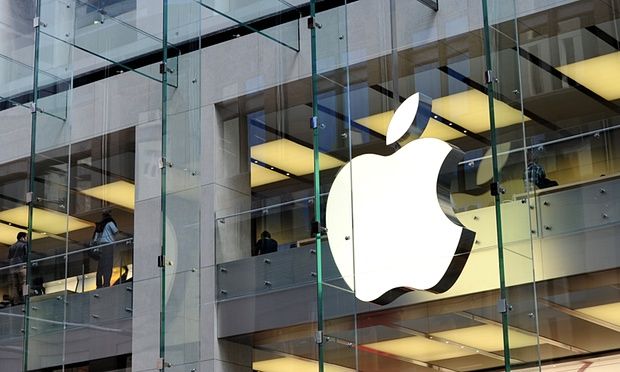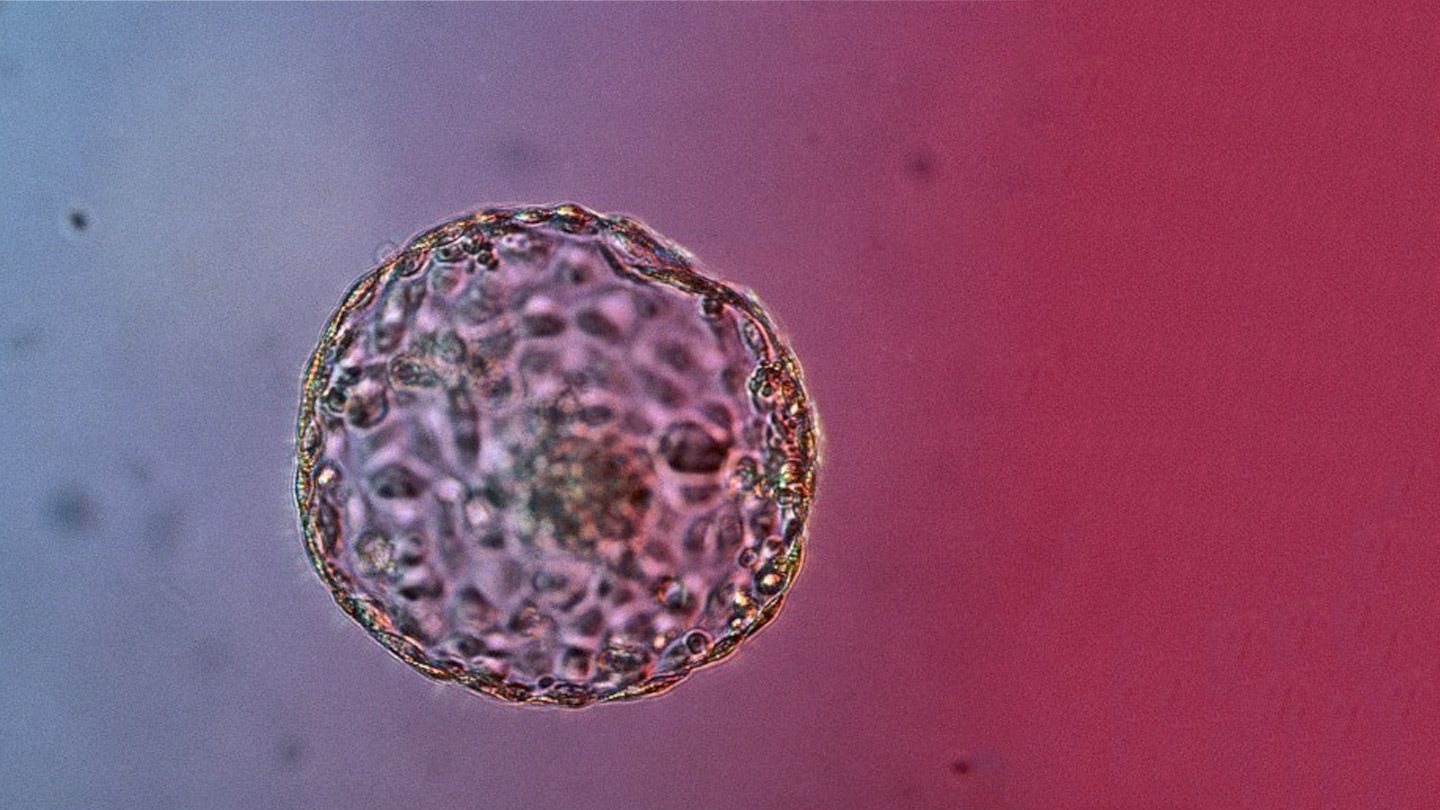Page 9166
Sep 19, 2015
Google’s Demis Hassabis – misuse of artificial intelligence ‘could do harm’
Posted by Aleksandar Vukovic in categories: ethics, robotics/AI
The head of DeepMind says the rise of artificial intelligence could be as important as the industrial revolution – and it must put ethics at its heart.
Sep 19, 2015
Genome editing: how to modify genetic faults – and the human germline
Posted by Aleksandar Vukovic in category: genetics
Is it time for a debate on whether there are any circumstances where there is an ethical case for ‘editing’ human embryos?
Sep 19, 2015
Something Bizarre Is Happening On the Surface of Rosetta’s Comet
Posted by Sean Brazell in category: space
They may not look like it, but each of these photos from Rosetta is of the same site on Comet 67P/ Churyumov-Gerasimenko, within just six short weeks. Something big is happening up there—but what is it?
This particular comet site has been steadily monitored by the ESA since August of 2014, and nothing has been happening. Literally. Viewed in detail of up to 1/10 of a meter, the site had stayed exactly the same. Until late May, when suddenly everything started changing again and again and again.
Some land features disappeared, others were added. Some were temporary, some stayed. What’s happening there and why? Scientists still aren’t sure, but they’ve come up with a few theories:
Sep 19, 2015
This Is How Much Food It Would Take to End World Hunger
Posted by Sean Brazell in categories: food, security
There are over 500 million hungry people in the world—but that number only tells part of the story. The other part of it is the amount of the actual food shortfall. So how much food would we need to make up the gap? There’s now an exact number.
The latest International Food Security report is out, and the good news is that global food insecurity has been falling—and it’s projected to keep on doing that over the next 10 years. The bad news? It’s not falling everywhere. Sub-Saharan Africa is especially being shut out of these gains.
But how much food would it take to close the gap for every food insecure person on the planet to have access to 2,100 calories a day? The USDA has calculated a figure: 11.8 million tons of grain.
Sep 19, 2015
British Scientists Seek Permission to Genetically Modify Human Embryos
Posted by Phillipe Bojorquez in categories: futurism, genetics
Just five months after scientists in China made history by modifying the germline of human embryos, a research team in the U.K. is requesting permission to do the same, but strictly for research into infertility. Given recent calls for a moratorium on such research, the decision is likely to set a precedent for future requests.
Scientists working at London’s Francis Crick Institute have submitted a formal request with the U.K.’s Human Fertilisation & Embryology Authority (HEFA) to use a gene editing technique for research into human infertility. The researchers have no intention of bringing their genetically modified embryos to term, nor will they be implanted; the scientists are reassuring HEFA and the public that all embryos will be destroyed.
Should permission be granted, it will mark the first time that scientists in the UK—or anywhere in the world for that matter (China excepted)—will have the opportunity to conduct research of this nature, which many consider controversial.
Sep 19, 2015
Hyperloop’s intro video claims the future is now
Posted by Klaus Baldauf in categories: Elon Musk, transportation
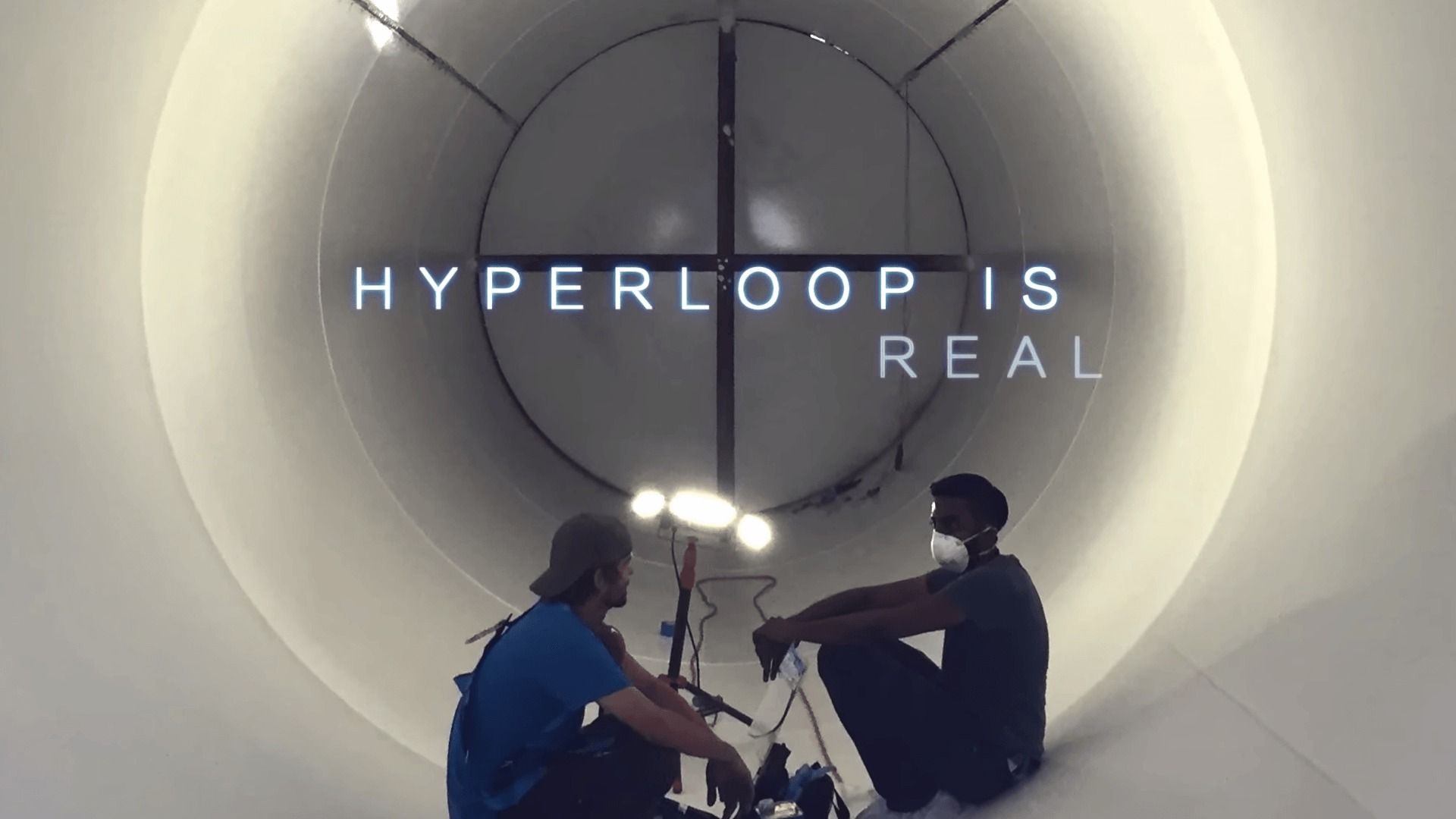
Hyperloop, dubbed “the fifth mode of transport,” is real. At least, that’s what the introductory video released this week on YouTube is trying to communicate.
Hyperloop is a project envisioned by engineer and inventor Elon Musk. In short, the goal is to build a high-speed transportation system using a low-pressure tube train, with a top speed of 800 miles per hour (1,300 km/h). Hyperloop Technologies and Hyperloop Transportation Technologies are both research companies looking to turn Musk’s vision into reality. The former company has undergone a seed round led by SherpaVentures, while the latter is crowdsourced.
Continue reading “Hyperloop’s intro video claims the future is now” »
Sep 19, 2015
Asteroid-Mining Plan Would Bake Water Out of Bagged-Up Space Rocks
Posted by Klaus Baldauf in categories: business, space
PASADENA, Calif. — A new way to harvest asteroid resources is being eyed as a possible game changer for space exploration.
The patent-pending innovation, called “optical mining,” could allow huge amounts of asteroid water to be tapped, advocates say. This water, in turn, could provide relatively cheap and accessible propellant for voyaging spacecraft, lowering the cost of spaceflight significantly.
Development of the optical-mining idea has been funded by a NASA Innovative Advanced Concepts (NIAC) fellowship and grant, along with a small business contract. The concept — which is also known as the Asteroid Provided In-Situ Supplies plan, or Apis — was detailed here during a special NIAC session held on Sept. 2 during the American Institute of Aeronautics and Astronautics’ (AIAA) Space 2015 meeting. [How Asteroid Mining Could Work (Infographic)].
Sep 18, 2015
Apple meets California officials to discuss self-driving car — By Mark Harris | The Guardian
Posted by Odette Bohr Dienel in categories: disruptive technology, driverless cars, innovation
“Apple executives have discussed their plans for an “autonomous vehicle” with officials at California’s department of motor vehicles (DMV), the Guardian has learnt.”
Tags: Apple, autonomous vehicle
Sep 18, 2015
Scientists Genetically Modify Human Embryos
Posted by Albert Sanchez in category: genetics
Chinese scientists used the CRISPR-Cas9 editing technique to alter the genome of a “nonviable” human embryo.


